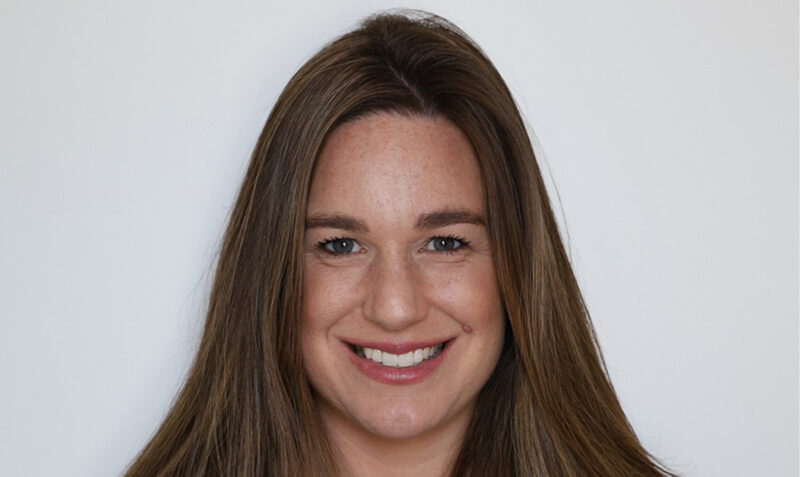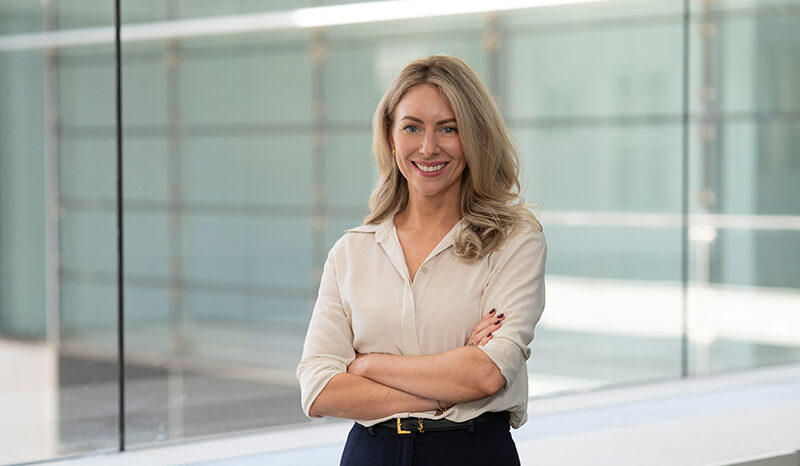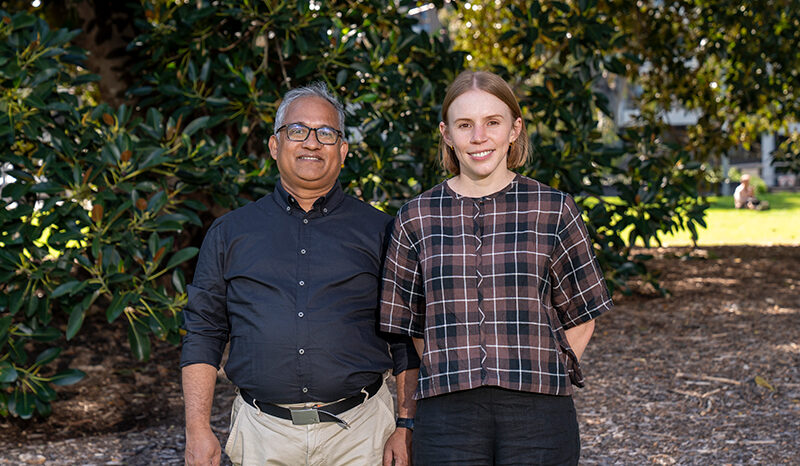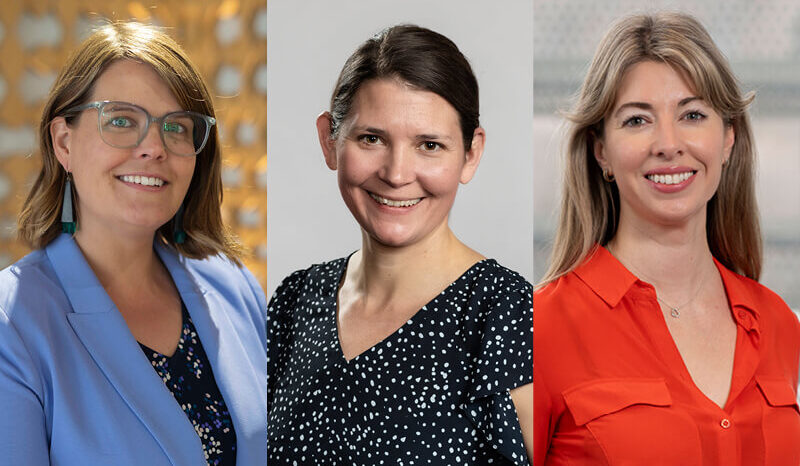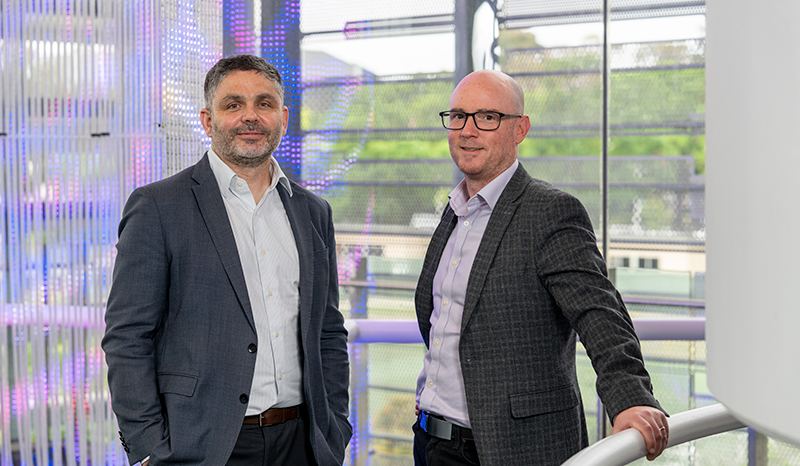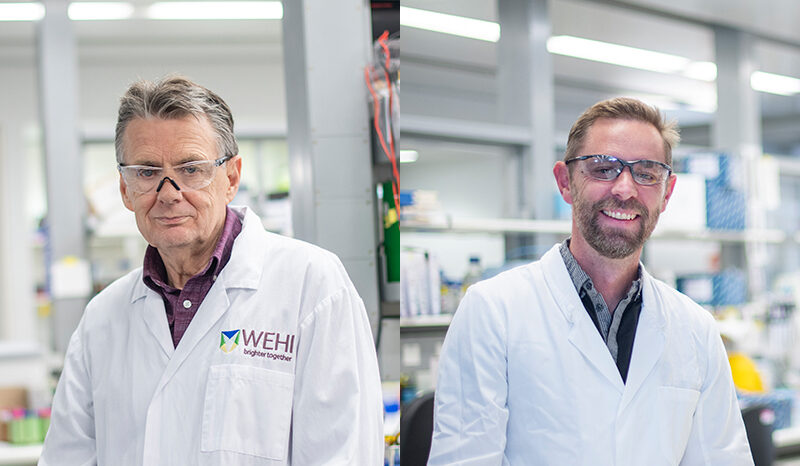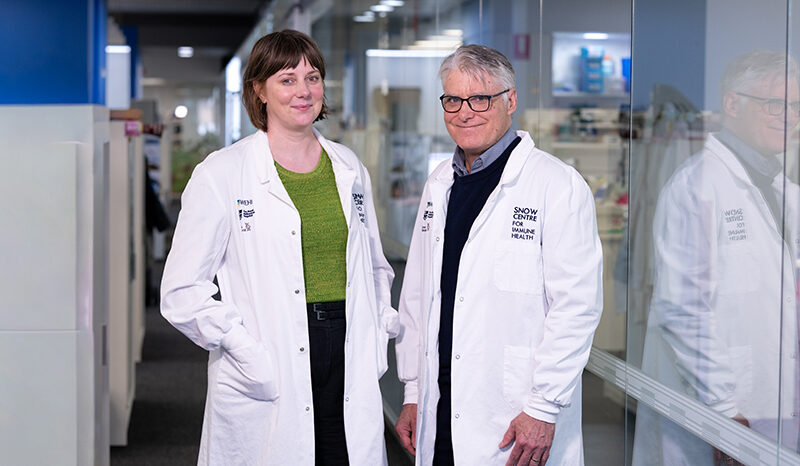My new role excites me… because it allows me to combine clinical work with research to answer important questions.
I can be the patient’s voice.
My patients often ask, ‘Why did this happen to me?’ and they also want to know when – or if – they can stop treatment.
While immunosuppressive therapies can be life-changing, they come with potential side effects. Reducing unnecessary medications and side effects would make a huge difference to patients’ health and overall quality of life.
Being a Snow Centre Clinician Scientist… allows me to be the connection between patients and the lab.
I work with scientists to design experiments that address the questions patients care about.
It’s exciting to be part of something that could change practice.
The problem I’m trying to solve is… finding ways to determine how long patients need treatment – and how to predict whether a flare will occur if therapy stops.
We’re currently focused on ANCA-associated vasculitis, a rare autoimmune condition that inflames blood vessels. While treatments are effective, the optimal duration remains unclear.
Some patients stay on medication longer than necessary, while others flare when it’s withdrawn.
We’re developing an assay – a lab test – that could predict treatment response and disease flare. That would be a game-changer!
Something surprising about me is… I own a horse. It’s something I took up as an adult. I also enjoy painting – my favourite piece is an autumn tree inspired by one I saw in Olinda.


